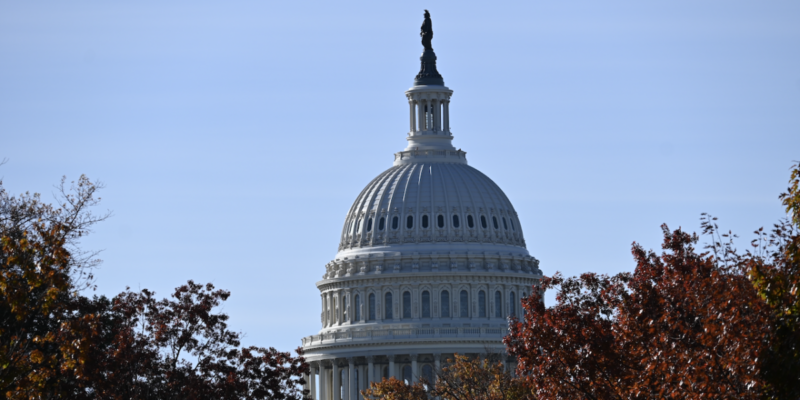Despite a vocal minority showcasing their displeasure with the passing of the National Defense Authorization Act (NDAA) for Fiscal Year 2024 (FY24), some Florida lawmakers shared their support for the legislation and its benefits for service members.
For instance, Representative Kathy Castor (D-FL) was pleased that those in the military would be receiving a raise but was disappointed in the “Extreme MAGA Republicans” for the delay of the bill.
“Our military service members and their families deserve our support and I am pleased that the FY2024 NDAA will provide a pay raise for our service members, strengthen America’s national security and protect our strategic alliances,” said Rep. Castor. “Extreme MAGA Republicans delayed adoption of the bill for months and used America’s national security as leverage to try to force their radical agenda on America. In the end, more Democrats than Republicans voted to support our country and our military through the NDAA as Congress limped out of town with little to show for the year marked by turmoil among the GOP.”
Senator Marco Rubio (R-FL) echoed Rep. Castor in praising the bill for the military pay raises on his government office’s website.
“This year’s defense bill is an important step towards ensuring a secure and innovative America. The NDAA contains a number of provisions I championed that strengthens the U.S. military’s mission to be ready to confront our adversaries,” said Sen. Rubio. “Further, the NDAA includes several provisions that will benefit Florida’s military installations, and our service members.”
According to Rubio’s press release, this year’s version of the NDAA includes six pieces of legislation led by the Florida senator. This includes the Warner-Rubio Intelligence Authorization Act as well as the Rachael Booth Act.
Additionally, Senator Rick Scott (R-FL) – who also voted for the bill, called the legislation a “big win” for the state and U.S. national security.
In the House of Representatives, the bill passed by a vote of 310-118 with more support from Democrats than Republicans. In the Senate, the vote was even more lopsided as it passed by a tally of 87-13.









